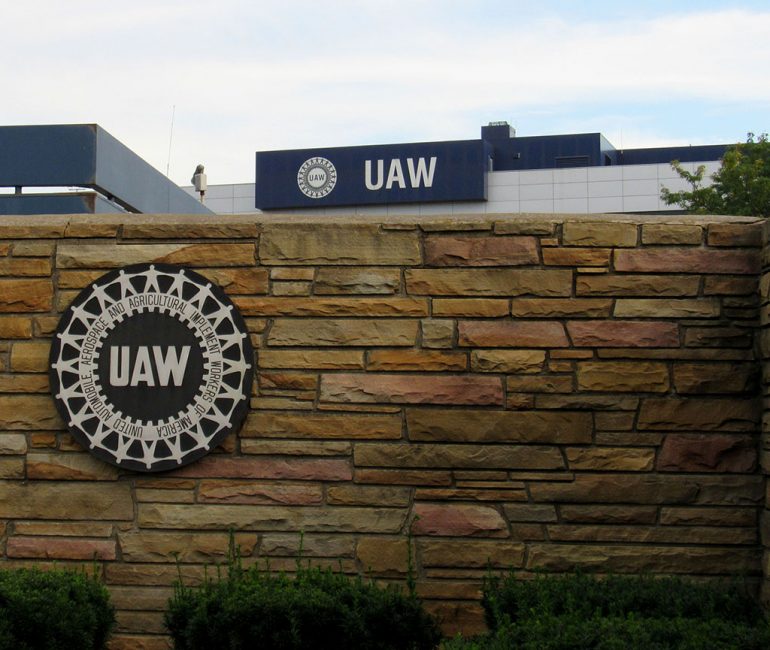
In discussions between President Joe Biden and major U.S. automakers alongside the United Auto Workers (UAW) union, the call has been made for a collaborative agreement aimed at avoiding disruptive plant closures during the ongoing transition to electric vehicles (EVs). With the automotive industry moving away from traditional gasoline-powered vehicles, Biden emphasized the importance of maintaining stable employment opportunities that can support families while ensuring fairness in the shift towards EVs. The negotiations involve Ford, General Motors, and Stellantis, collectively known as the big three automakers, with the contracts of their 146,000 UAW-represented workers set to expire on September 14th at 11:59 p.m.
Despite President Biden’s considerable support from organized labor as he gears up for the 2024 campaign, the United Auto Workers union has yet to endorse his candidacy for reelection. Highlighting the historical significance of the UAW’s role in shaping the American middle class, Biden underlined the necessity for a contract that aligns with the evolving technological landscape while maintaining the principles of economic sustainability.
Also, don’t forget that you can get discounted new car pricing with a free quote through qualified local dealer partners.
General Motors responded to the discussions by expressing its commitment to productive negotiations with the UAW. The automaker emphasized its intention to craft a contract that ensures job security, competitive wages, and favorable benefits for its team members, all while facilitating successful domestic and global competition.
Shawn Fain, the president of the United Auto Workers, put forward several key demands on behalf of the workers. These include the elimination of wage tiers among employees, double-digit salary increases, the restoration of cost-of-living adjustments, the reinstatement of defined benefit pensions for all workers, and the revival of retiree health coverage. One notable proposal from the union is the implementation of a 32-hour workweek, a departure from the conventional 40 hours, in response to the industry’s transformation.
The negotiations have been underpinned by the looming possibility of a strike. Automakers are navigating the challenges of elevated development costs associated with the shift to EVs and the substantial investment required for constructing battery plants. As the industry adapts to these transformations, the discussions underscore the shared interests of automakers, labor unions, and the government in navigating this pivotal moment in the automotive sector’s evolution.
Source: Associated Press